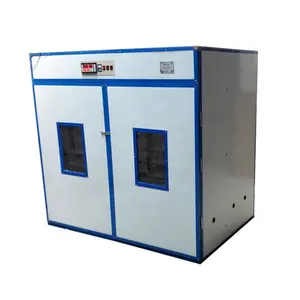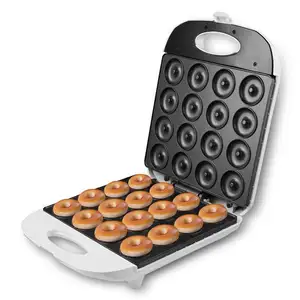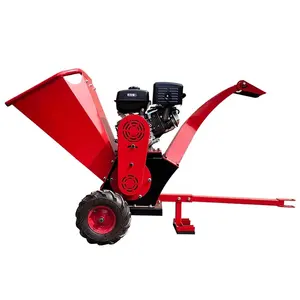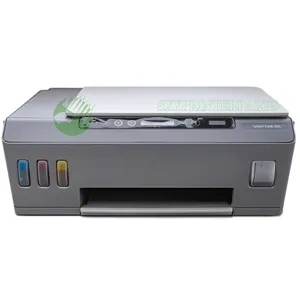Popular in your industry

































































Related Searches:



































































































































Top categories
About temperature of egg incubator
An egg incubator is a device that artificially simulates the conditions necessary for avian eggs to hatch. Incubators are commonly used in poultry farming to ensure a controlled environment that promotes successful egg development, particularly in cases where natural incubation is impractical or inefficient. The key components of an egg incubator typically include a temperature control system, humidity regulation, ventilation, and sometimes an automatic egg-turning mechanism. Understanding the temperature of an egg incubator is essential for the successful incubation of various types of avian eggs.
Different types of egg incubators
There are several types of egg incubators available, ranging from small, basic models designed for home use to large, sophisticated units used in commercial hatcheries. In terms of size, incubators can range from small tabletop models that can accommodate a few dozen eggs to large cabinet-style incubators capable of hatching hundreds or even thousands of eggs at once. In addition, some incubators are specifically designed for hatching certain types of eggs, such as those for quail, chicken, duck, or geese.
Factors affecting the temperature of an egg incubator
Several factors can affect the temperature stability of an egg incubator, including the ambient temperature of the surrounding environment. For instance, fluctuations in room temperature can impact the incubator's ability to maintain a consistent internal temperature, potentially affecting the hatch rate of the eggs. The type of incubator and its insulation properties will also play a role in temperature regulation. Larger cabinet-style incubators may be more stable in maintaining temperature than smaller tabletop models. Additionally, the presence of an automated temperature control system or manual adjustment features can influence the incubator's temperature stability. The age and condition of the incubator, as well as the quality of its components, are also factors to consider in assessing temperature control.
How to maintain the temperature of an egg incubator
Maintaining the temperature of an egg incubator within the optimal range is crucial for the successful incubation of eggs. Regular monitoring of the incubator's temperature is essential to ensure it remains within the prescribed range. This can be done using built-in thermometers or by using external temperature monitoring devices. It is also important to place the incubator in a location where it is not exposed to direct sunlight, drafts, or other sources of heat or cold that may affect its internal temperature. In case of power outages or other emergencies, it is advisable to have backup power sources, such as generators or battery backups, to prevent temperature fluctuations. In addition, following the manufacturer's guidelines for operation and maintenance, such as regular cleaning and calibration of temperature control systems, can help ensure the long-term stability and effectiveness of the egg incubator.
























































